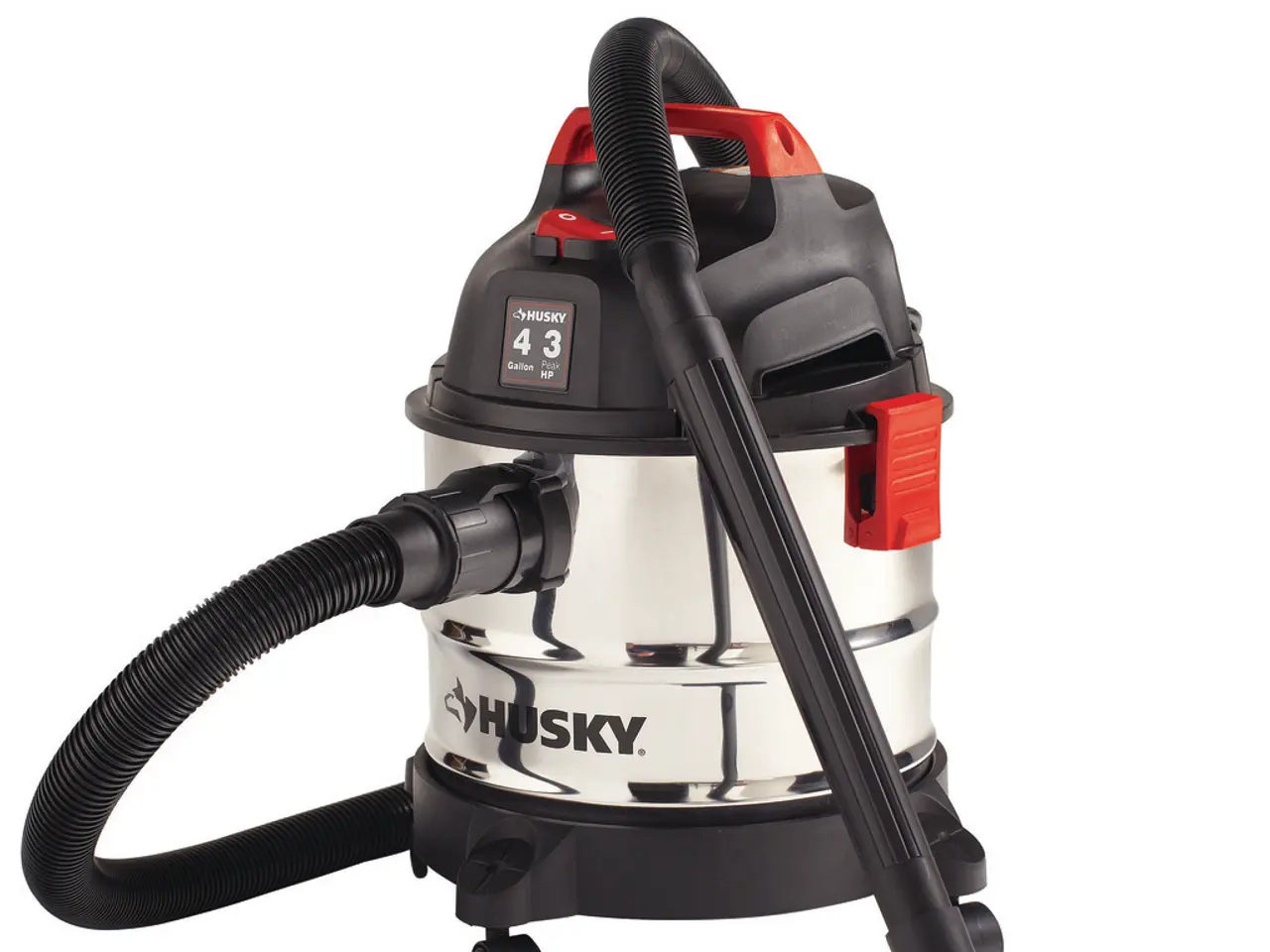Habits Harming Hardwood Floors: Unveiling the Top 3 Offenders and Alternative Solutions Revealed
Hardwood floors add a touch of elegance and warmth to any home, but they require proper care to maintain their beauty and longevity. Here are expert guidelines to help you protect your hardwood floors from scratches, warping, and costly repairs.
**Regular Cleaning**
To keep your floors looking their best, sweep, dust mop, or vacuum frequently using a vacuum wand attachment. Be sure to use a microfiber mop dampened with a manufacturer-recommended, pH-balanced wood floor cleaner diluted in warm water. Avoid soaking the floor as excess moisture can cause warping. Immediately wipe up any spills to prevent water damage.
**Protective Measures**
Place felt or non-staining floor protectors under furniture legs to prevent dents and scratches. Use area rugs or mats at entryways to trap dirt and moisture, but avoid rubber, foam-backed, or plastic mats that can discolor floors. Avoid wearing shoes with spike heels or dragging shoes inside as they can embed grit or cause damage. Keep pet nails trimmed to minimize scratching.
**Moving Furniture**
When relocating heavy furniture or appliances, use a plywood panel to "walk" them across the floor to avoid gouges or scuffs. Replace narrow hard rollers with wide rubber ones.
**Environmental Control**
Maintain indoor humidity between 30-50% to prevent wood expansion, contraction, and warping. Protect floors from direct sunlight to avoid fading or dryness.
**Cleaning Products to Avoid**
Do not use ammonia-based, wax-based, bleach, oil soaps, acidic cleaners like vinegar, or other harsh chemicals as they can strip or dull the finish. Avoid steam mops unless carefully controlled; excessive heat and moisture can damage hardwood.
**Periodic Maintenance**
Deep clean floors at least twice a year to remove buildup that regular cleaning might miss. Consider refinishing hardwood floors every 5-10 years depending on wear to restore their original appeal.
By adhering to these best practices—regular gentle cleaning, protective furniture pads, humidity control, and careful use of appropriate cleaning agents—you can greatly extend the life and beauty of your hardwood floors while avoiding scratches, warping, and expensive repairs.
For those seeking efficient vacuum-mop solutions, the Tineco Floor One S7 Pro is the fastest at drying floors among the best vacuum-mops tested, while the Dyson V12 Detect Slim is the most effective vacuum cleaner tested for hardwood floors. Budget-friendly alternatives include the Ultenic U16 Flex. It's always a good idea to read reviews before making a purchase.
Paul Hambidge, Managing Director at Factory Direct Flooring, advises against using rotating brushes or beater bars on hardwood floors. Instead, he recommends using a soft brush attachment and setting the vacuum to hard floor mode.
In addition to hardwood floor care, there are other home renovation topics to explore, such as how to fix creaky wood floors and comparing carpets vs hardwood flooring. Happy cleaning!
To ensure your home-and-garden lifestyle remains stylish and durable, follow expert guidelines for hardwood floor care. By regularly cleaning with pH-balanced cleaners, implementing protective measures like furniture pads, and practicing humidity control, you can maintain the beauty and longevity of your home-improvement investment. Furthermore, by choosing the right vacuum-mop or cleaner and adhering to recommended practices, you can prevent scratches, warping, and costly repairs.




